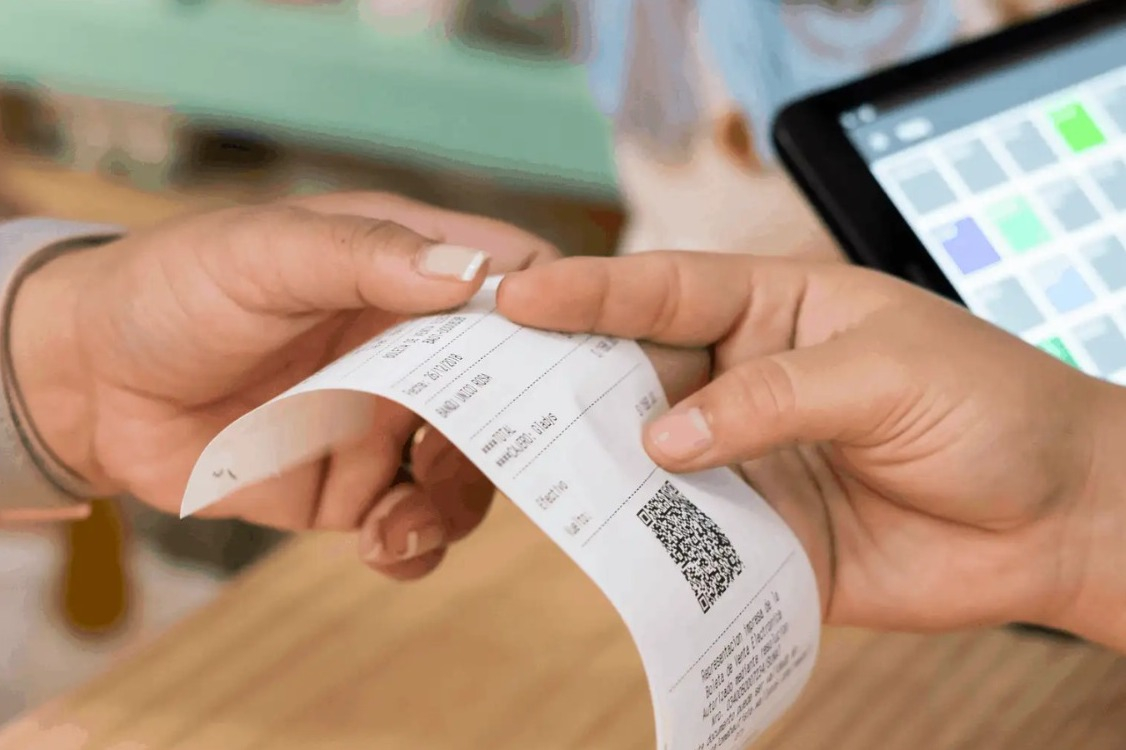
The National Superintendency of Customs and Tax Administration (Sunat) postponed from the period of August 2024 to the period of January 2025 the obligation for taxpayers of the general regime included in the second phase of the Integrated Electronic Records System (SIRE) to keep their ‘Sales and Income Record’ and the ‘Purchase Record’ through this device.
Originally, the SIRE was to come into effect in October 2023, but it was later decided to postpone it to January 2024 due to problems with its implementation. From then on, it was postponed again until April of this year, then August, and today Superintendency Resolution No. 000145-2024/SUNAT is published, which gives affected taxpayers five more months to adapt.
What is SIRE? This electronic filing system allows Sunat to have more information on how a company’s purchases are recorded – especially for the use of tax credit – without having to audit it.
With this system, the Administration can verify whether the invoice is recorded in the purchase register and, if not, send a verification action to the taxpayer to correct it. This is a faster mechanism to detect omissions linked to the Register Book.
SIRE and implementation problems for taxpayers
The tax specialist Miguel Carrillo He believes that this postponement is not only due to “implementation problems, but also to the problems that many taxpayers who are already using the SIRE have had when making entries in their books or electronic records.
The SIRE was launched in two phases: the first began in October 2023 for all taxpayers of the Special Income Tax Regime (RER) or MYPE Tax Regime, who were forced to use the Electronic Book System – PLE or Portal since September of that same year.
The postponement is for the second phase of the SIRE, aimed at all other taxpayers required to submit a record of purchases and sales, in addition to their income, as required by the General Sales Tax and Selective Consumption Tax Law.
“Companies can now voluntarily join the SIRE, even though the obligation has been postponed. Remember that, if the purchase invoice is not recorded within the maximum time limits of the VAT Law, we could face consequences of not using the tax credit in the respective period,” he notes.
Could the SIRE be extended again until July 2025?
For Carrillo, the measure is appropriate because Sunat has other control mechanisms, such as inspection and its power to verify whether companies are complying with their formal obligations. Since it is an obligation designed for subjects affected by the payment of VAT, it is likely that it will also end up affecting those who pay income tax.
However, the lawyer does not rule out that the measure may be extended again from the period January 2025 to the period July 2025, so he recommended that Sunat reinforce its work in disseminating the characteristics of the SIRE.
It should be noted that before the SIRE, there were other mechanisms for verifying a company’s purchases and sales, such as the Electronic Issuance System SEE – SOL. Taxpayers could fill out their computerized books according to their own systems, and in a dispersed manner.
“It is an appropriate measure if Sunat considers that there are still companies that are not ready, but if the extension becomes repetitive, it must also be taken into account that it may affect inequality with respect to those who have already accepted it, whether compulsorily or voluntarily,” the expert stressed.
Source: Larepublica
Alia is a professional author and journalist, working at 247 news agency. She writes on various topics from economy news to general interest pieces, providing readers with relevant and informative content. With years of experience, she brings a unique perspective and in-depth analysis to her work.












